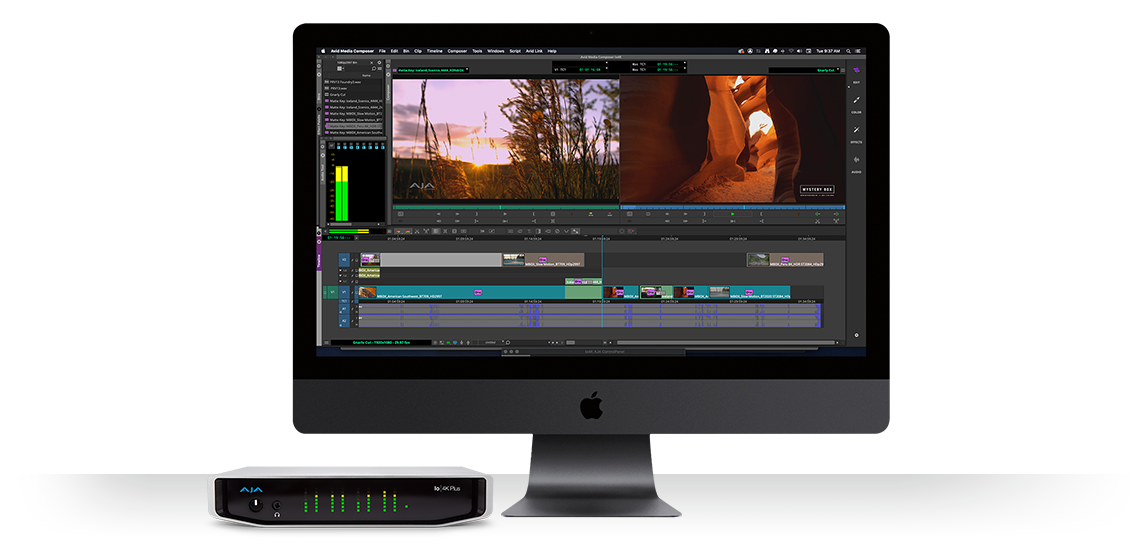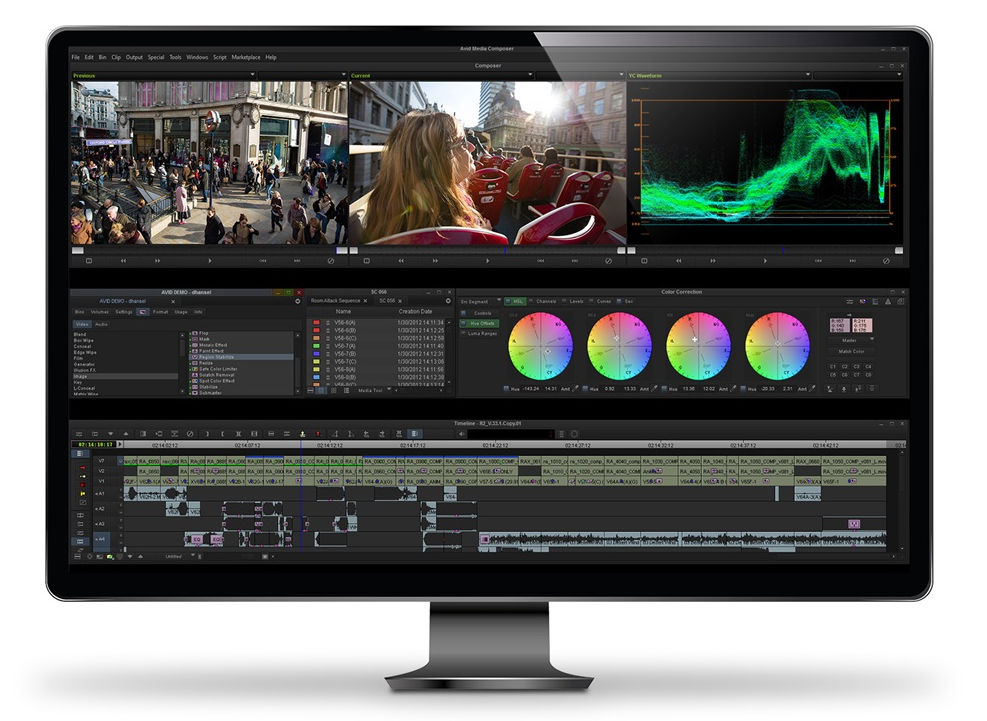
Instead you’ve got Find and Replace to do just that. You can’t use this method to remove or change letters or words within a clip’s name.
Avid media composer versions how to#
This is highly useful to let you see how much content is in a bin, and if you’re familiar with its content, how to quickly get to the location you’re interested in.Īnother new tool will make it easy to replace parts of your filenames in seconds (Image credit: Avid) Grab that highlight and drag is anywhere else within that map to jump to it instantly.

When activated, this little floating section gives you a birds eye view of the entire content of your bin, along with a highlight of which part of the bin the panel is currently on. Some of the new features added recently include the Bin Map. Should you prefer, editing predominantly with the mouse is of course possible, but if you take the time to familiarise yourself with the keyboard layout, you’ll appreciate the benefits in the long run. So much so in fact that the keyboard itself is fully mappable and customisable. Media Composer grants you access to multiple video and audio tracks, enabling you to create quite complex sequences.Ī lot of the navigation and editing seems to work better via the keyboard.
Avid media composer versions movie#
EditingĪs you’d expect, all the tools you need to cut your movie are available to you, and the experience is similar to other professional video editing software. From there, double-click on a clip to preview it, set in and out points and add your selection to the Timeline. Your imported footage is placed into bins, helping you organise yourself as you gather up the resources you need to create your project. Add any media already stored on one of your drives to Media Composer in the same way, although you have the choice of either importing the footage or merely linking to it - the latter saves space but you need to make sure that drive is kept connected in order to edit with your chosen media. If your camera records to an internal hard drive, hook it up and use the Source Browser to import the footage. If you work with a tape deck, you just connect it to your computer and log and capture the footage. Importing media is done in a variety of ways. This is where you can quickly check all the new features added with each update, from version 2019.6 onwards. It’s worth noting that when you launch the software, you’ll also notice a ‘What’s New’ section as a separate menu. Importingīefore you start, you first need to set your project’s dimensions - create projects up to 16K, or with custom height and width, which is ideal if you’re looking to build web banners, or promos for expositions for instance.


Even better, saving your custom configuration as a new preset, puts it on the right hand side, just beneath the default ones. (Image credit: Avid)īut Media composer didn’t lose its flexibility from when everything was a floating window: it possible to resize and reposition the panels to suit your needs. The interface is fully customisable, and you can even save your workspace as a brand you preset which will appear on the right-most sidebar under the default ones.


 0 kommentar(er)
0 kommentar(er)
